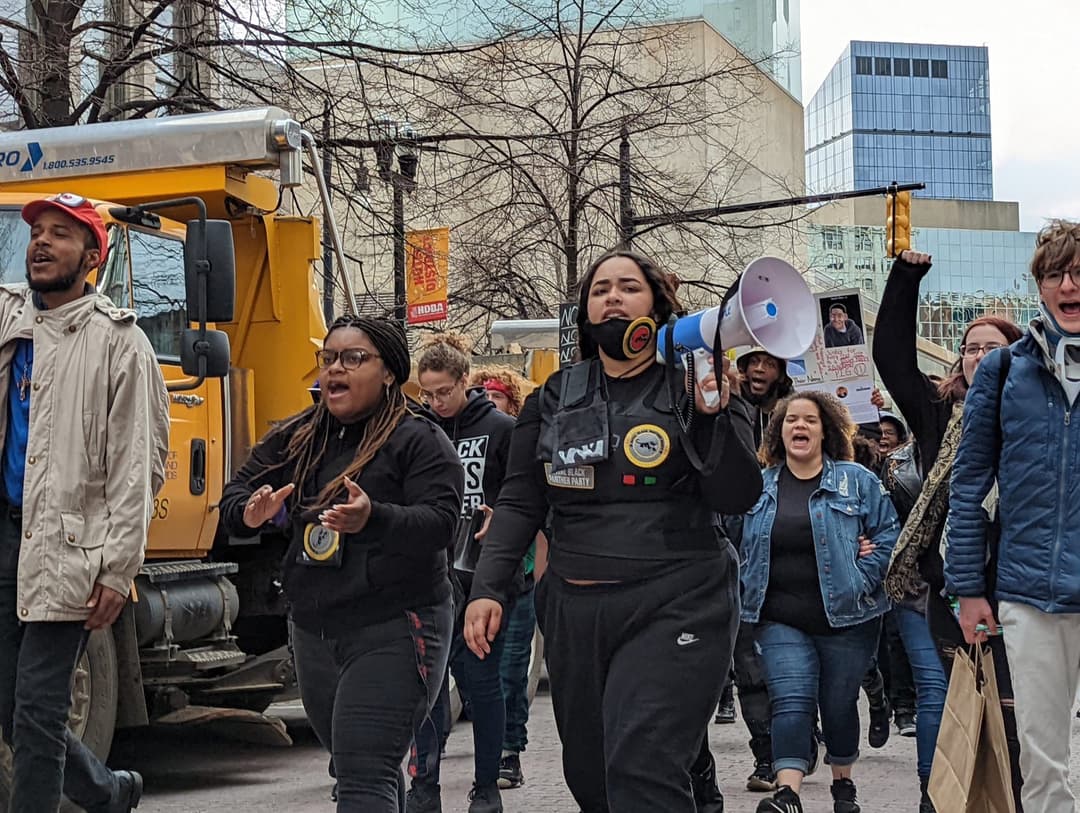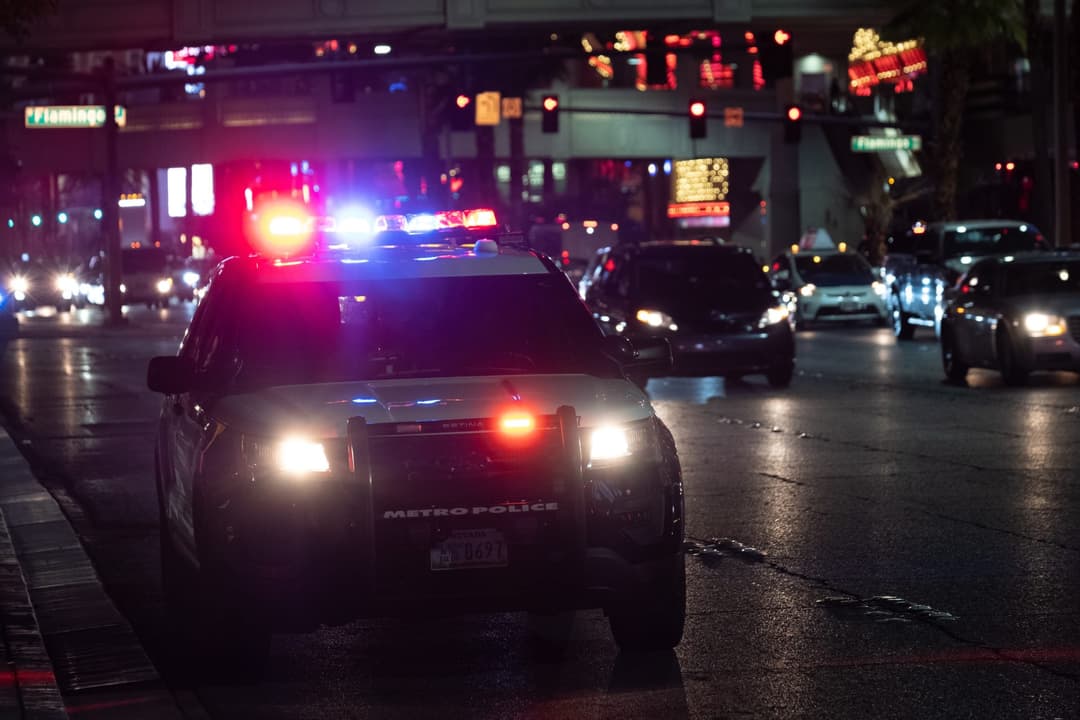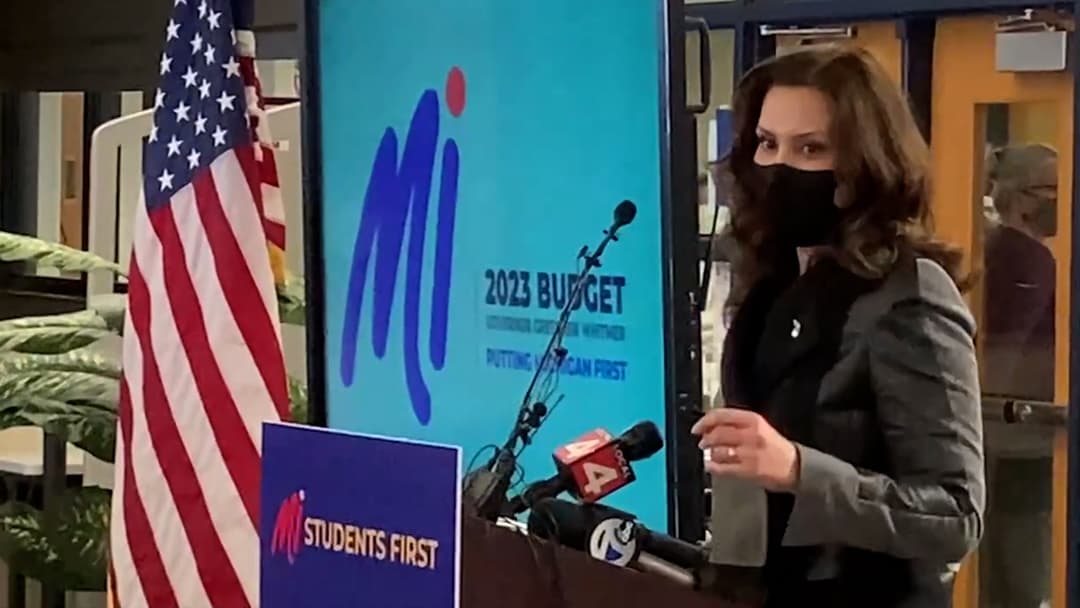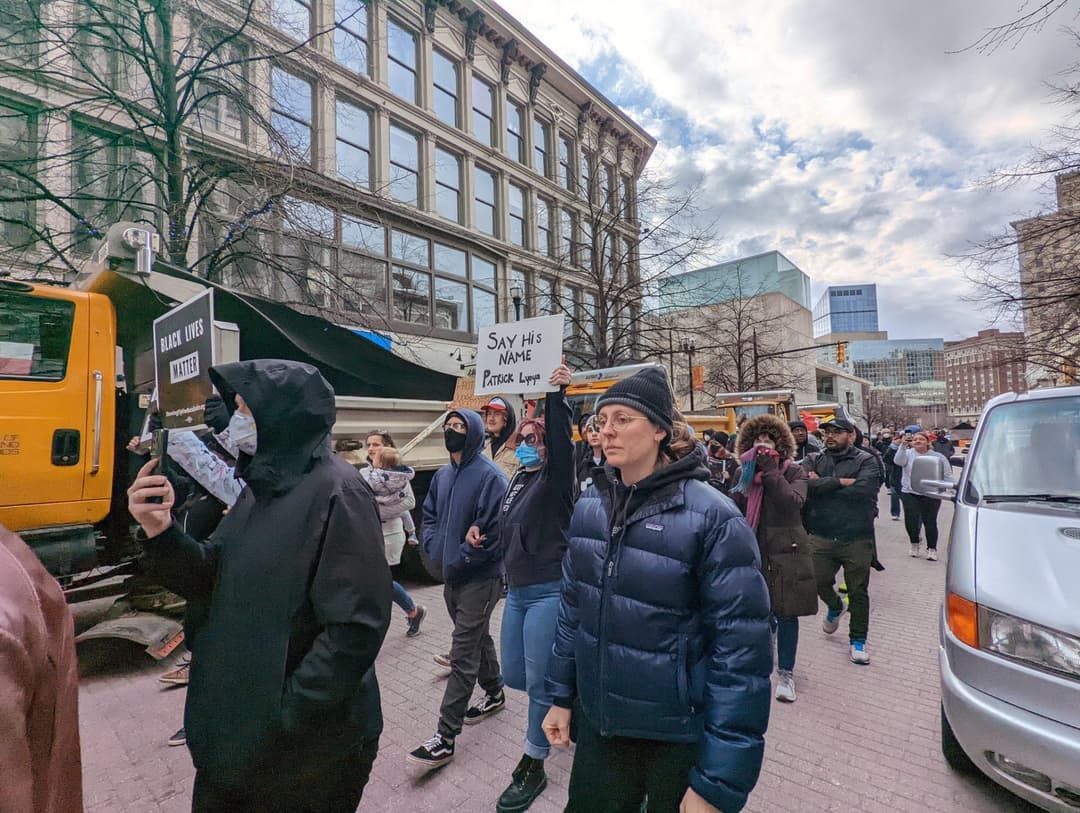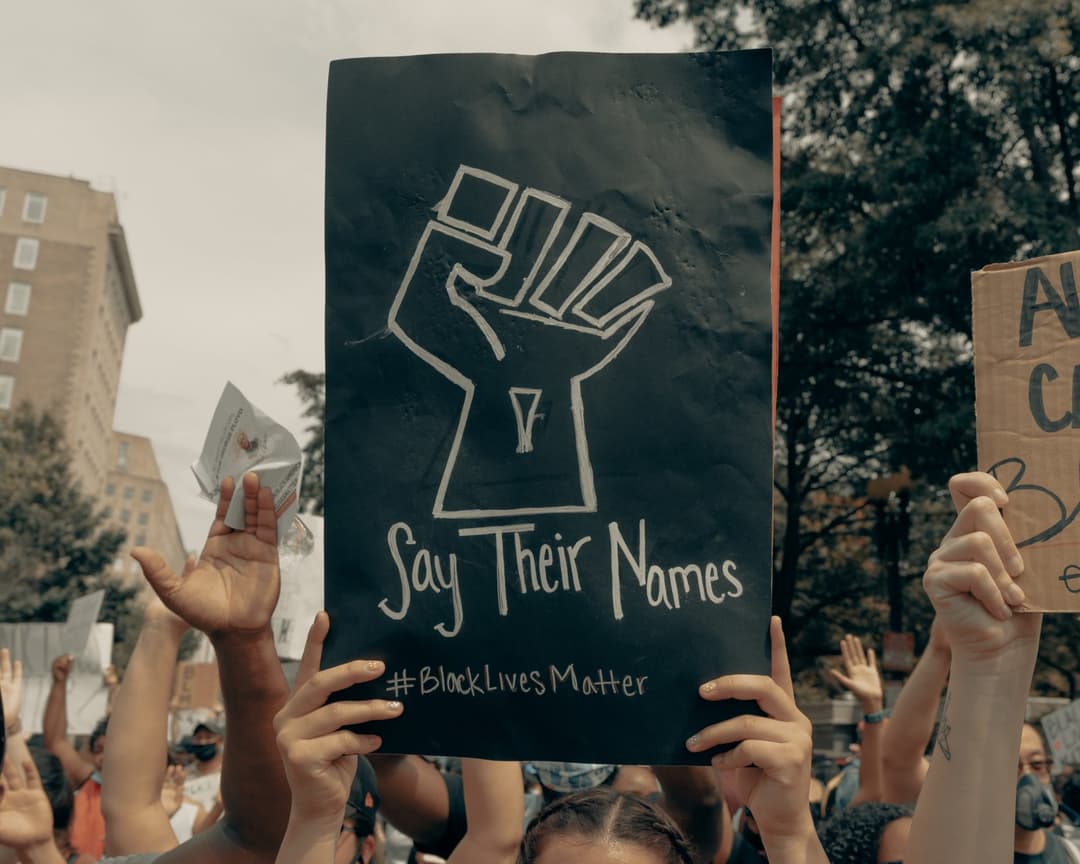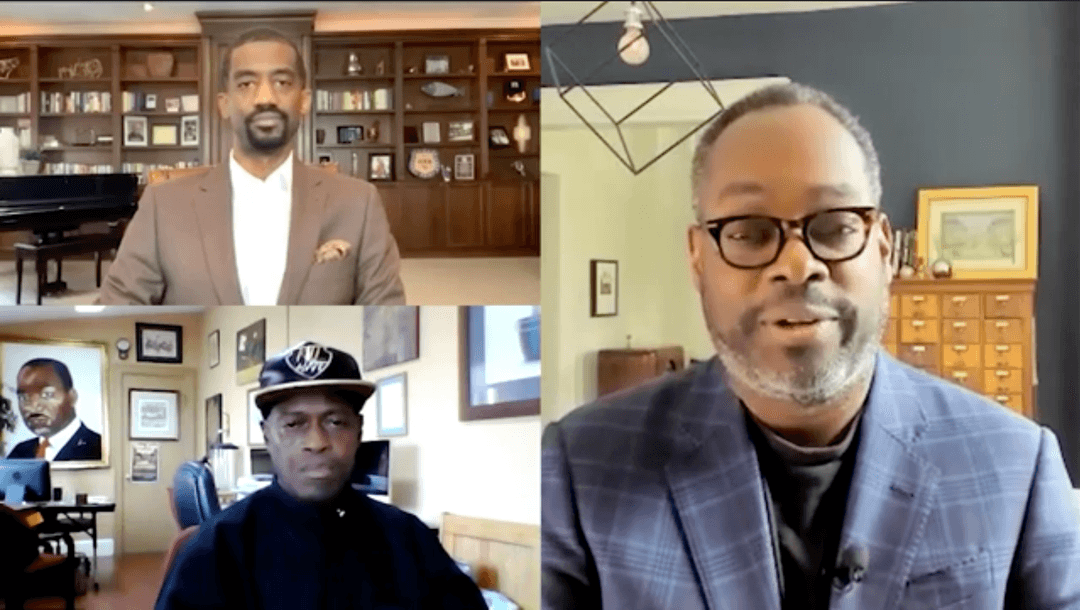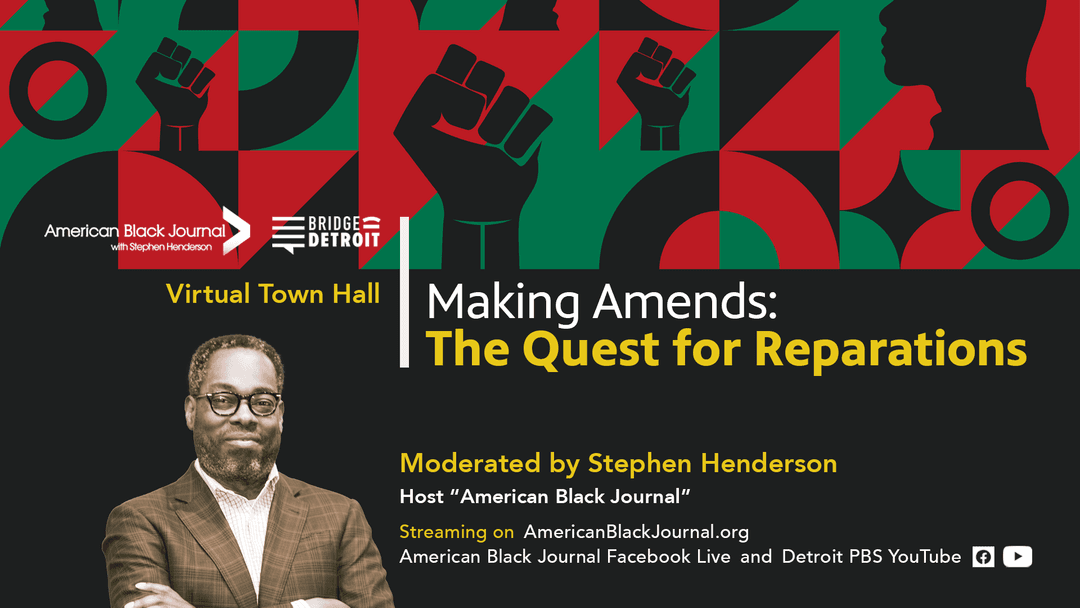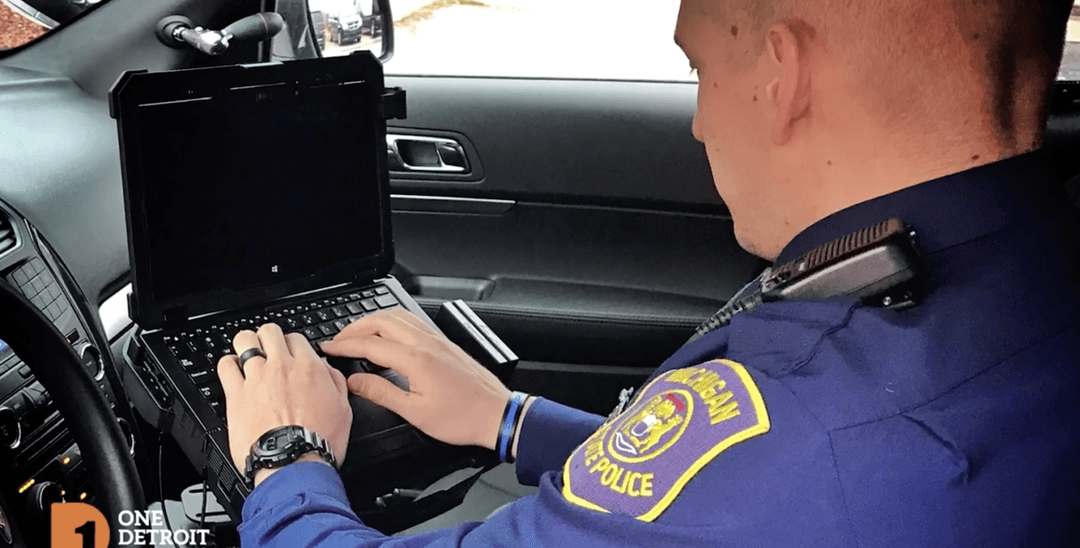Study Shows Black Drivers Were Stopped by Michigan State Police at Disproportionately High Rates
Feb 1, 2022
American Black Journal host Stephen Henderson examines the results of an independent study from the Michigan State University School of Criminal Justice showing African Americans were stopped by Michigan State Police troopers at disproportionately high rates in 2020. The study also showed Black and Hispanic drivers were more likely to be searched and arrested after a traffic stop.
Stephen sits down with Michigan State Police Director Col. Joe Gasper and Michigan Department of Civil Rights Executive Director John E. Johnson, Jr. to investigate the findings and the steps being taken to address these racial disparities.
Full Transcript:
Stephen Henderson: Let’s start with both of your reactions to this report and what it says about policing in our state, and then we’ll talk about kind of where we’ll go from here. But these are very stark conclusions drawn by this report, and I think they demand a lot of our attention. Colonel Gaspar, it’s your department that is the subject of this report. Tell me what your reaction was to all of this.
Col. Joe Gasper, Director, Michigan State Police: Yeah, I think that, you know, we’re in a time and in the country right now, really, where, you know, all police departments need to be looking internally and externally to making sure that, that we’re evolving and that we’re demonstrating best practices. And sometimes when you engage in some self-reflection, you have a reminder that, you know, sometimes it’s not what you want it to be.
Col. Joe Gasper: And this would be one of those times where we saw some disparity that was concerning to us. And so we wanted to make sure that we understood it. So we hired Michigan State University and partnered with them, and they did the analysis on our on our traffic stop data. And it was not where we want it to be.
Col. Joe Gasper: So now we’re in a time period here where we need to better understand it. You know, the goal of the report was to identify if there was disparity. Clearly, there is disparity. And now we’ve got an opportunity to understand why that’s occurring.
Stephen Henderson: Colonel, I wonder if you were surprised by what you saw, I mean, it’s always, I think, a little jarring to see things drawn out in statistics, right and data. But I guess what I’m getting at is what was your sense of how this issue was playing out in the department before you saw the numbers?
Col. Joe Gasper: Yeah. You know, I think that when you, you know, when I looked at something like this and we see the in the beginning, it kind of the aggregate data where it was. And, you know, obviously, that’s something that we wanted to understand a little bit more.
Col. Joe Gasper: And I think when the numbers came out, I’m confident that our troopers are out there doing what they’ve been trained to do and in and you know, where the disparity is now. And clearly, it’s concerning to everyone involved. And now the goal needs to be to do what we can to reduce that disparity.
Stephen Henderson: So, John, this is an issue that you and I have discussed before. It’s an issue that I know you’ve worked on for a really long time trying to draw attention to this disparity. Give me your reaction to the report.
John E. Johnson, Jr. Executive Director, Michigan Department of Civil Rights: Thank you, Stephen again for having us on this. And our reaction was there was not one of surprise, as you can imagine. As you’ve indicated, we’ve worked on these issues for decades, beginning with right or wrong with the Detroit NAACP and surrounding suburbs of Detroit, where we identified racial profiling going on in a number of areas and it continues today.
John E. Johnson Jr.: So this is not a surprise. I do, however, must applaud Colonel Gasper for ordering, commissioning this report, releasing the data of it and owning up to what it says and then making some recommendations as to what he sees needs to be done in order to improve the conditions going forward. So we applaud him for that and our department stands ready to work with him in any way that we can in order to actualize the recommendations that he’s put forth already.
Stephen Henderson: Yeah. So, John, as you point out, I mean, you’ve done a lot of work here in the city of Detroit on civil rights issues for a really long time as well. I’m really curious what you think the distinction might be between this data about state police and what we might see if we did the same kind of report with DPD.
Stephen Henderson: You know, there are a lot of citizens who complain about their interactions with Detroit police. Do you think this is a problem that would look the same here as it does at the state police?
John E. Johnson Jr.: Well, I think that issue was raised recently by some folks in regards to DPD. And I think what allegations made by the public defender that arrests have escalated against people of color during the pandemic based on possession of weapons. I don’t think any law enforcement agency is excluded from this.
John E. Johnson Jr.: And one of the things I hope comes of this and what Colonel Gaspar has done is that other agencies would take stock of themselves and do their own internal audit to be able to bring the truth to light. That’s and he’s shown himself to be a leader in this category, and I hope other folks will follow suit.
John E. Johnson Jr.: You know, there’s other problems in other areas. A result shows have come out about Lansing and the 85% rate of Black juveniles arrested over there. So it’s as we know, it’s something that unfortunately that exists throughout our law enforcement departments and as a culture that needs to be addressed as we know it. I’m glad Col. Gasper is taking the steps to do that.
John E. Johnson Jr.: Some of the recommendations that he’s put forward to some of the ones that have been recommended in the MSU report of which we’re speaking, I think would bring a lot of accountability. And that’s what we seek. It’s good to have policies, but it’s more important to have accountability when people don’t violate those policies and procedures, and that must be in place also.
Stephen Henderson: Colonel Gasper, two of the things that jumped out at me from the report in terms of recommendations, obviously, you know, training of officers in some sort of sensitivity, I guess you might call it, to differences cultural differences, but then also, you know, the racial makeup of the department itself.
Stephen Henderson: Now, neither of those is a snap your finger kind of solution. These are things that departments struggle with all the time. So tell me what your approach is going to be to those things.
Col. Joe Gasper: So the training that’s probably an easier thing to accomplish. We’ve already started to make some significant modifications in the area of training in the last couple of recruit schools that we’ve done. We have a couple hour block every week in the evening where we have the recruits in the current environment, a virtual environment, and they sign on to a cultural competency or cultural awareness speaker.
Col. Joe Gasper: And so we’ve had a number of speakers from various communities. One obviously is from the African-American community and it’s been very insightful because especially from a historical perspective, you know, that obviously is an important part of, you know, some of the challenge that we have here and making sure that our members are aware of that history is very important.
Col. Joe Gasper: We are actually implementing a much more comprehensive history of policing in our recruit school we’re hoping to start that as soon as our next school here in the next several weeks, and then offering that in an in-service capacity too. And then just broadly paying attention to how do we bring in more specific training when it comes to cognitive or implicit bias?
Col. Joe Gasper: The cultural awareness, there’s a lot of troopers that that may not grow up in a very culturally diverse area of the state or the country and would not have any way of really knowing some of that background. So that’s an important part. So we feel really confident that we’re going to be able to be successful with that. And a huge component of that too is partnering with the community.
Col. Joe Gasper: And we recently solicited input and interest from the community to come be part of our several-day scenario-based training, and we wanted the community to actually be role players for that. So that was successful. We can plan to continue that, but then also continuing to partner with some of our community groups, some of our universities and colleges to work on that training.
Col. Joe Gasper: The recruiting, you know, we’re not where we want to be or not where we need to be. You know, we need to continue to try, you know, a big component of recruiting and getting people into the department is making sure, especially from a diversity perspective, that that young people or people that are interested in coming into the Michigan State Police, that they can see themselves not only as a trooper but in various ranks throughout the department, so that there is, you know, the idea that they might be able to promote or even potentially lead the agency at some point.
Col. Joe Gasper: We’ve had African-American directors in the past, we’ve had female director in the past. And so so that’s important. And then again, right now, it’s just really working with the community to see what we can do to partner together to create that interest.
Stephen Henderson: So, so, John, I want to ask you about the kind of broader context of discussion about police reform and you know, there are a lot of people talking about much more drastic changes to the way that we fund policing the way that we structure policing. Are there things from that narrative that you would throw onto the pile here as well and say that we ought to be thinking about in terms of the state police?
John E. Johnson Jr.: Well, yes, there’s a package of bills have been introduced in the Legislature that would allow us to have more police accountability. So certainly we embrace those. In this instance, again, I just would have to refer back to the study that was done by MSU and where it shows even post-stop, the level of searches that are involved with people of color are significantly higher than those of other races.
John E. Johnson Jr.: So I refer back to some of the recommendations made in the report, specifically seven through nine with which deal with post-stop outcome results and recommending that the Michigan State Police track when searches are conducted. The outcomes of those searches, the disposition of those searches and also recommendation number 12 with which wants to mesh the trooper’s characteristics with the traffic stop database.
John E. Johnson Jr.: So we begin to get a profile of the troopers who are beginning who are making these stops in which they are significantly higher percentage of people of color being arrested than others per the census and per other things so. So those are sort of the, I think, the progressive sort of recommendations that could be embraced that again would bring more accountability, which is what we seek.
John E. Johnson Jr.: Again, we laud Colonel Gasper for, we laud his leadership and just the fact that he is reform-minded. So we’re behind him all the way with that and like him to embrace on these other things, which will take the reforms to the level where there’s, again, some accountability.
Stephen Henderson: Hey, Colonel Gasper and John Johnson, it was great to have both of you here to talk about this important work. And Colonel Gasper, of course, we wish you the best in implementing these recommendations.
Col. Joe Gasper: Yeah, I appreciate that.
Stephen Henderson: Okay, thank you.
John E. Johnson Jr.: Thank you.
Subscribe to Detroit PBS YouTube Channel & Don’t miss American Black Journal on Tuesday at 7:30 p.m and Sunday at 9:30 a.m. on Detroit PBS, WTVS-Channel 56.
Catch the daily conversations on our website, Facebook, Twitter and Instagram @amblackjournal.
View Past Episodes >
Watch American Black Journal on Tuesday at 7:30 p.m. and Sunday at 9:30 a.m. on Detroit Public TV, WTVS-Channel 56.
Stay Connected
Subscribe to Detroit PBS YouTube Channel & Don’t miss American Black Journal on Tuesday at 7:30 p.m. and Sunday at 9:30 a.m. on Detroit PBS, WTVS-Channel 56.
Catch the daily conversations on our website, Facebook, Twitter, and Instagram @amblackjournal.
Related Posts
Leave a Reply
Your email address will not be published. Required fields are marked*




